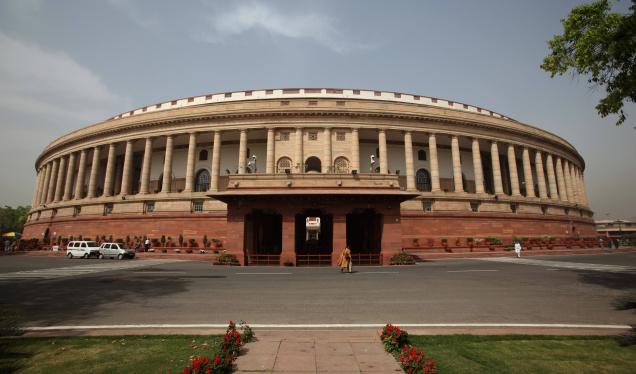Full Transcript
I thank the Minister for sharing the optimism which we have always had. I want to make a few specific points on this note and then I have got some specific queries.
It is a four-page note, Sir. The first two pages, with all the enthusiasm shared by the Minister sounded like a Wikipedia entry on the internet, if you key-in the word ‘internet’ or if you key- in the word ‘Digital India’, all very nice, all very highfalutin, all very poetic, but on today’s discussion, I want to keep on the fact, so I am not going to comment on the first two pages. But that doesn’t matter. Let’s move on to the meat of the matter.
The meat of the matter is, let us try and explain to people who don’t know and think that this internet is one complicated thing from outer space.
What is the issue? The issue is, like, electricity is supplied to your home and you are paying Rs 15 hundred. Now the electricity supplier is telling you, I suggested, is that, if you use your fridge and microwave, and if it is Samsung, you will have to pay a little more, if you use your fan and tube light, you will pay a little less, if you are using a washing machine which is of a particular brand, you will have to pay a little less. This is the basic concept as explained to a layman. I wish the Government in the last two months had taken some trouble or just stay in this jargon of . And, they have continued with the jargon through this statement.
My specific questions –
1. TRAI was constituted a consultation paper on March 27. The tone of the consultation paper, if anyone has read it in this House, it sounds like a consultation paper dictated by a telecom major. Now, I don’t want to guess which telecom major, but it sounded like that.
2. The consultation paper of TRAI is blatantly in favour, not of the consumer, you have given us the thing about the youth of the country etcetera etcetera, but, it is not in favour of the youth or the internet user, it is in favour of telecom.
3. What woke you up? BJP are very good in their ‘trolls’. You know… vote for this … do for that, but this time it is the Net that woke you up. Because, there was a hashtag running there called #netneutrality. Emails were, sent, and this is the danger. Emails were sent to TRAI. How many emails? 10 lakh emails. One million emails. Now, that is a small number you may say because there are so many people in the country. One lakh emails, the whole internet was very very angry, your youth etcetera, so much so, I won’t reveal the gentleman’s name, but a senior BJP leader told me, we created this twitter and social media army, very good, but now we cannot control the social media army. So it has come back like the Australian boomerang.
Now what happened was very dangerous, Sir, and this is a cause of serious concern, beyond even net neutrality and I say this with all responsibility. Those 10 lakh people – young people, executives, working people, professionals – their 10 lakh emails were leaked. They were put up on the TRAI website for one and a half days. My specific question to the Minister, why have you compromised the privacy of the 10 lakh individuals? It is a very serious issue, by putting it up for 36 hours and then quietly putting it down. Sir, this is a very dangerous trend because you are going to target these people after this.
I have got there specific questions to you, Sir. One, I think you have answered. I have asked you, what is the Government’s stand on net neutrality? On page three, you have written three bold lines there. If I take that as the answer, that would be acceptable if this is your stand. Make it clear Sir, on the floor of the House.
Two, which is the larger question, is the Government considering amending the IT Act? If yes, yes, if no, why not. Whether the Government is considering regulating the internet in a good way, because, like electricity, are you considering internet being for public good. I have three suggestion, Sir. We need to create rules, but I am sure you will agree, we also agree, we need to create rules. Do you intend to make internet into a ‘License Raj’? My last two Sir, you said you would listen to all the stake holders, I am happy that the Chairman brought this subject up and I am even happier that he brought this up before Agrarian Crisis came before this, otherwise, we intend to get carried away and we think net neutrality is the end of the world, no.
Agrarian Crisis is hundred times more important than net neutrality.
So, on this Sir, on this Freedom of Speech debate, you have said it in your reply, I will accept in the spirit, talk to everybody, Sir, you have got a strong message on this on the users of the social media. Those are the people you talk to.
The last point Sir, will the Minister give an assurance to Parliament that no action will be taken, TRAI or otherwise, without taking Parliament into confidence.
Thank you, Sir.





